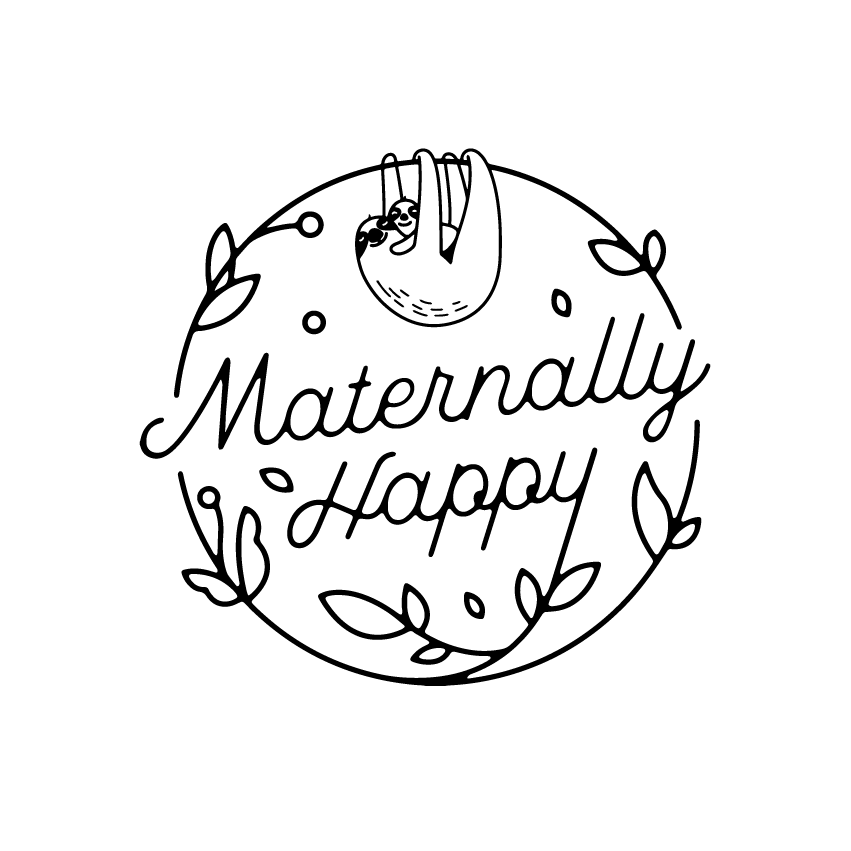




Polycystic Ovary Syndrome (PCOS) affects approximately 1 in 5 women of reproductive age and is a leading cause of anovulatory infertility. It’s characterised by elevated androgens, irregular or absent ovulation, and often insulin resistance - though its presentation can vary depending on the root cause. While lifestyle and nutrition changes form the foundation of PCOS management, targeted supplementation can play a valuable role in supporting hormonal balance, cycle regulation, and fertility.
Here are five evidence-based supplements that may support women with PCOS:
Myo-Inositol is one of the most studied and well supported supplements for PCOS. It acts as an insulin sensitising agent and plays a key role in improving ovarian function. Research has shown that supplementing with 2–4g daily can:
Dosage Tip: 2g twice daily, away from food, is often recommended for best results.
Magnesium is involved in over 300 enzymatic processes, and many women with PCOS may have lower levels due to insulin resistance, stress, or poor dietary intake. Magnesium glycinate, in particular, is highly bioavailable and well tolerated.
Benefits for PCOS may include:
Recommended Intake: 300-400 mg per day.
NAC is a powerful antioxidant and glutathione precursor that has shown benefits for fertility and metabolic health in PCOS.
Clinical studies have found that 1,800 mg daily (divided into 600 mg three times per day) may:
Zinc plays a crucial role in hormone production and regulation. Research has shown that women with PCOS often have lower zinc levels and may benefit from supplementation.
Benefits include:
It’s important to test your blood levels for deficiency before starting supplementation. For long-term use, it may also be beneficial to take a small amount of copper alongside it to maintain mineral balance.
Recommended Dose: 30-60 mg per day (ensure proper testing before high doses).
Omega 3s are anti-inflammatory and hormone modulating fats that may benefit multiple PCOS symptoms.
Studies have shown:
Recommended Dose: 1 tsp of high-quality fish oil or 1,000-2,000 mg of EPA/DHA daily.
While these supplements are backed by promising research, they are most effective when used as part of a comprehensive plan that includes nutrition, lifestyle, and appropriate testing. Always consult your health professional before beginning new supplements - especially if you are taking medications or trying to conceive.
This article is for educational purposes only and is not intended as medical advice. Please consult a qualified health professional before starting any supplement regimen.
About the Author
Caitlin Gilmore: Nurse, Midwife & Nutrition Consultant

Caitlin is the founder of Maternally Happy, an Australian women’s health brand specialising in bioavailable supplements, prenatal vitamins, and evidence-based resources to support women from preconception to postpartum. With qualifications as a Nurse, Midwife, and Nutrition Consultant, she combines a decade of clinical experience with nutritional expertise to deliver trustworthy, research backed advice.
Her writing focuses on fertility, pregnancy, postpartum recovery, PCOS, and hormonal health, helping women cut through confusion with practical, evidence-based information. Having personally navigated PCOS and the challenges of women’s healthcare, Caitlin is deeply passionate about empowering others to make informed choices for their health and their families.
When she’s not formulating practitioner-grade supplements or supporting her online community, you’ll find her enjoying a chai latte, spending time with her family, friends and 2 border collies and hiking in nature.